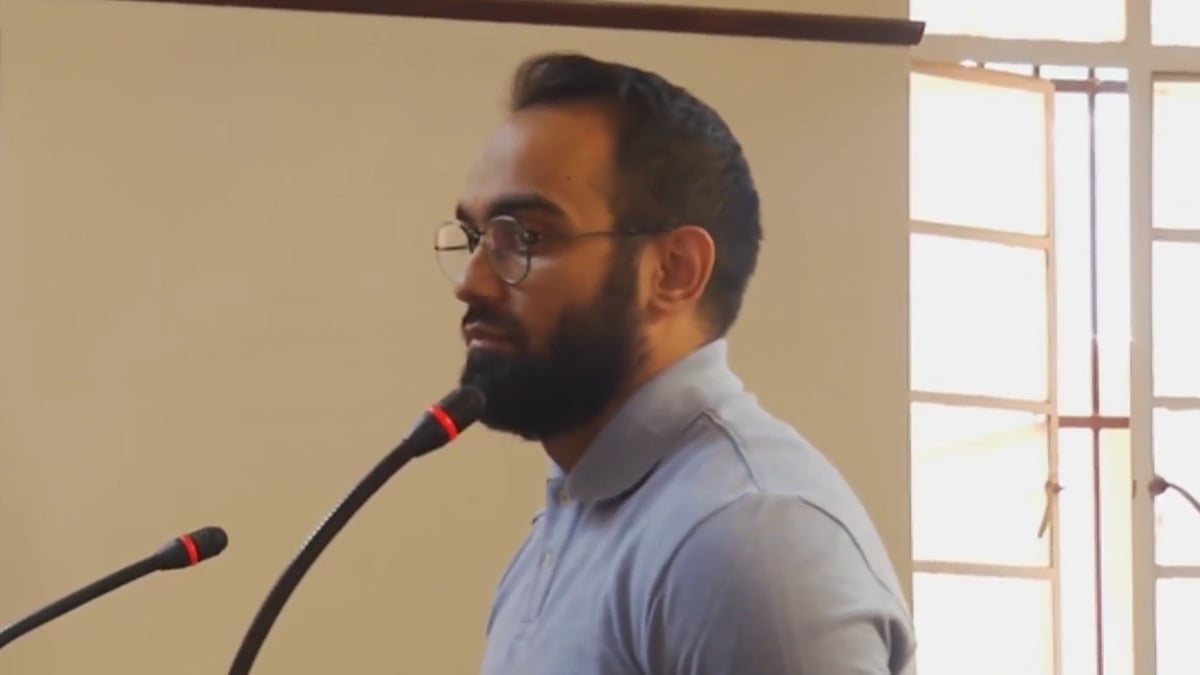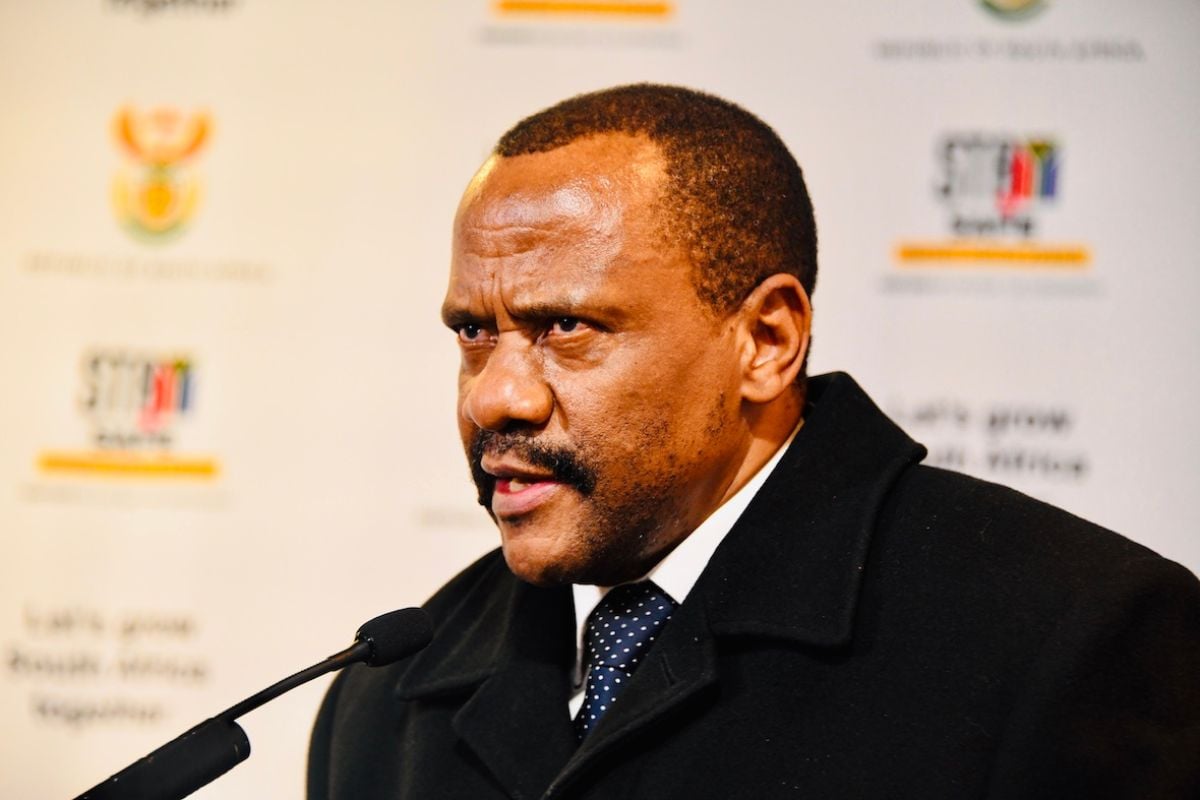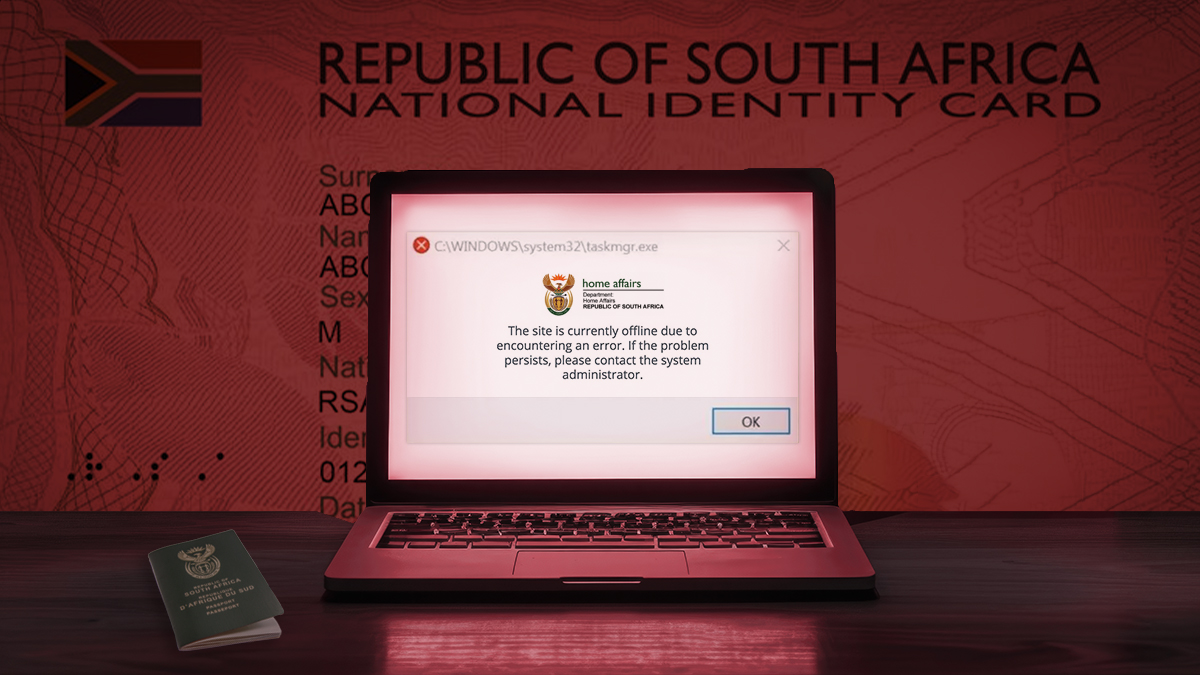R30,000 bail for man arrested over R11,500 Bitcoin transfer

A South African man accused of terrorism financing for sending R11,500 in Bitcoin to a group allegedly linked to the Islamic State terrorist organisation in Syria has been granted bail in the Lichtenburg Magistrates Court.
Magistrate Joshua Lebombo found that the state failed to prove that the accused, 35-year-old Ziyadh Hoorzook, should remain detained and set bail at R30,000.
News24 reported that Lebombo said Hoorzook had proved he was not a flight risk. He also said the accused had cooperated with investigations before he was apprehended.
He postponed the case until 3 March for further investigation.
The Hawks arrested Hoorzook on 3 January 2025 for transferring Bitcoin from his Luno wallet to an organisation called al-Sadaqah seven years ago, on 30 November 2017.
Al-Sadaqah has been linked to extremist jihadi groups in Syria, including al-Qaeda and the Islamic State.
After a years-long investigation, the Crimes Against the State team of the Hawks Serious Organised Crime Investigation arrested Hoorzook for allegedly contravening the Protection of Constitutional Democracy Against Terrorist and Related Activities Act (POCDATARA).
However, Hoorzook maintains that he had donated innocently to what he believed was a charitable organisation.
Hoorzook told the court that he intended to plead not guilty and that the case against him had been exaggerated.
“The state has misaligned me to a narrative which is factually untrue,” he said.
In a statement to the court read by his attorney, Hoorzook said he recalled several drives to support the people of Syria at the time as they were subjected to human rights violations.
He said he vaguely recalled an Islamic figure indicating that al-Sadaqah was the most appropriate organisation to donate to because it was directly receiving and dispersing aid amid the conflict.
Hoorzook explained that al-Sadaqah was only designated a possible terrorism funding organisation much later.
However, the Hawks investigating officer, Warrant Officer John Sithole, said the state’s case was watertight.
He said that they had found a substantial amount of material on Hoorzook’s electronic devices proving that he knew al-Sadaqah was helping to fund terrorist organisations.
He said the Hawks found videos, images, and articles containing extremist material that promoted violence on the accused’s electronic devices, as well as speeches by former al-Qaeda leader Osama bin Laden.
Sithole testified that material found by their forensic laboratory on Hoorzook’s devices included three al-Sadaqah advertisements that showed he had knowledge of the group’s activities.
He said the adverts clearly show that al-Sadaqah is not a charity organisation and that Hoorzook knew the funds would be used for terror activities.

The Institute for Security Studies (ISS) told the SABC that prosecuting cases like Hoorzook’s would help South Africa get off the Financial Action Task Force’s (FATF) greylist.
“South Africa has become a hub for terrorism funding, and it’s been common knowledge for some time,” the ISS’ Willem Els said.
“The United Treasury Department has already sanctioned six people here in South Africa for terror funding, and the South African authorities are currently working on that.”
Els also said there have already been two terrorism financing cases in South Africa.
“The Henry Okah case, where he was found guilty of terror funding. But also in as recent as 2022, the so-called Crusader case, that person was also found guilty of terror funding.”
The FATF greylisted South Africa on 24 February 2023 for falling short on its eleven measures of a country’s effectiveness in combating money laundering and the financing of terrorism.
It highlighted 22 specific shortcomings and BusinessTech recently reported that South Africa has now largely or fully addressed 16 of these.
In hopes of addressing outstanding deficiencies, National Treasury published the draft General Laws (Anti-Money Laundering and Combating Terrorism Financing) Amendment Bill for public comment towards the end of last year.
Among the changes being proposed are raising penalties and expanding regulatory oversight to better align with international standards.
The South African Reserve Bank warned that the immediate impact of being greylisted would be higher processing, monitoring and reporting costs.
Long-term, it said the consequences will be the reduction of South Africa’s attractiveness as an investment destination.
Getting off the greylist should therefore be a top priority for the South African government.
The Hawks’ media statement about Hoorzook’s arrest made it clear that it was part of a larger push for South Africa to exit the greylist.
It quoted Hawks boss Godfrey Lebeya as reaffirming the law enforcement agency’s commitment to combating money laundering and terror financing in alignment with FATF standards.
“Our dedicated team, in collaboration with local and international partners, are working as a collective to halt the illicit flow of funds that fuel organised crime and terrorism,” Lebeya said.
































